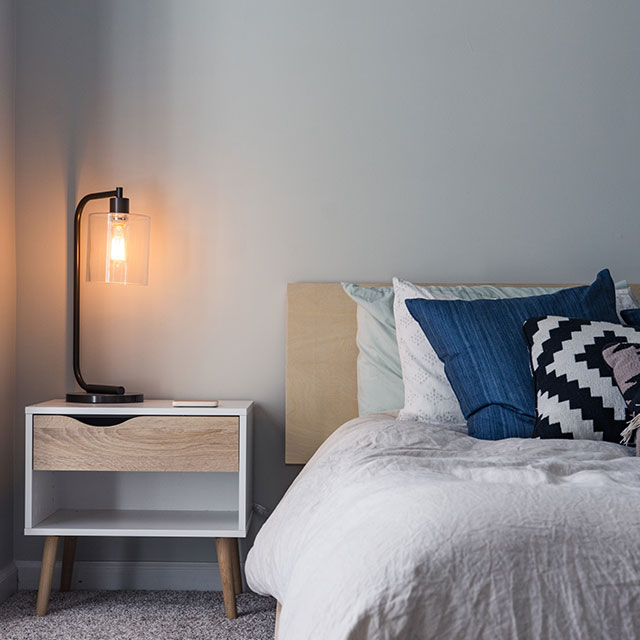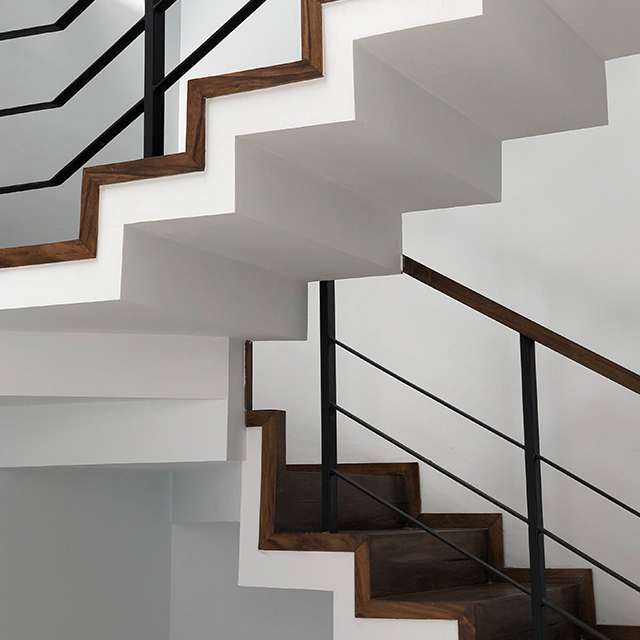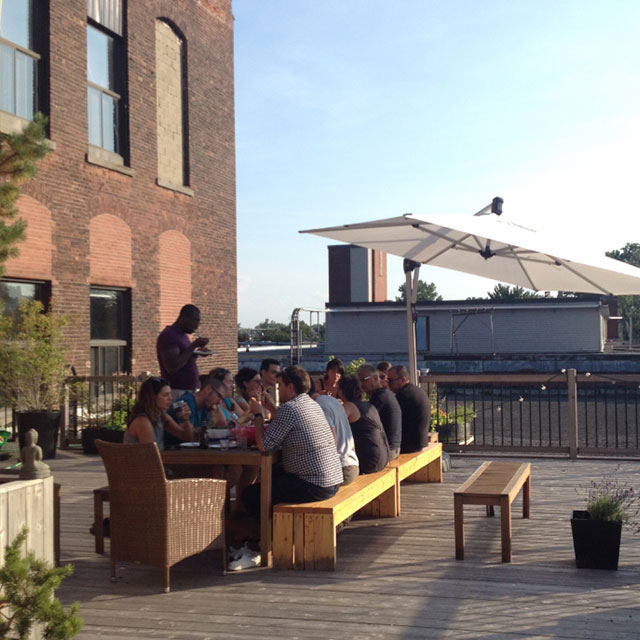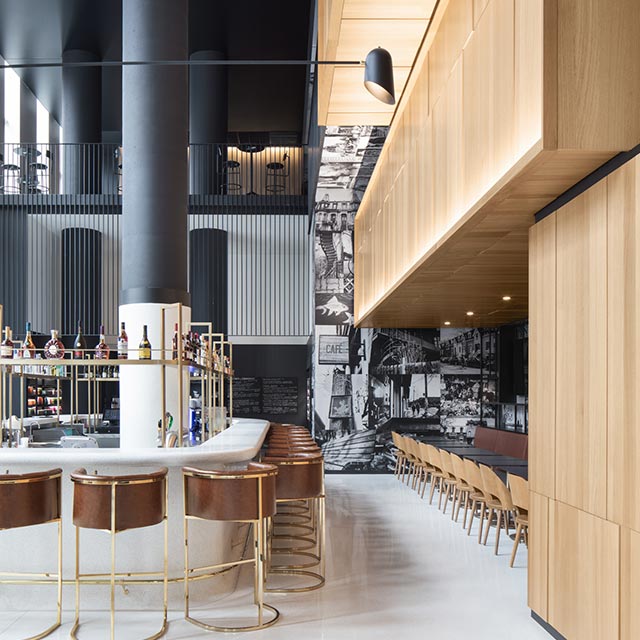
Overbooking scenarios
In a hotel that has multiple types of rooms, overbooking can happen on two levels: room type overbooking and overall hotel overbooking.
Room type overbooking occurs when a single room category is no longer available, but other types of rooms remain available. In such a case, you should review your pricing strategy to optimize income from other room types. If you consult your yield management module carefully, you may discover that the date in question is popular because of an event being held near your hotel. You may have estimated your occupation rate in a specific way, but it turns out that the event also generates more interest in your hotel. Before your remaining rooms are all sold, it’s a good time to review your rates.
A fully overbooked hotel is more difficult to manage since no rooms are available at all and you must relocate surplus guests.
How does a hotel get overbooked?
A hotel may face overbooking for many reasons. Sometimes, overbooking happens because a guest books the last room via an online booking agency, while another guest books the same room directly on your hotel’s booking site. In such a scenario, if you don’t have a hotel PMS connected to the booking engine, your hotel’s available room inventory won’t have had time to be updated on the various online sales platforms. Thanks to hotel PMS and online booking engine connectivity, your room inventory and rates are updated in real time. If your hotel PMS doesn’t have this feature, you must deal with two guests who have booked your last available room. You will need to relocate one of these two guests.
Your hotel may also face an overbooking situation if you decide to risk leaving rooms available in anticipation of eventual cancellations. In this way, even if you have two guests booked in the same room within a given room category, when a guest cancels a reservation for that same category, you will end up with a free room to which you can allocate the extra guest before their arrival.
Depending on your pricing policy and overbooking strategy, you could choose to keep a very popular room type available online, even if it’s not, and provide a few loyal guests with an upgrade upon arrival. You could also upsell to your guests; they’ll enjoy a superior room, and you’ll increase this guest’s average basket.
Tips on dealing with overbooking
Overbooking often creates a crisis situation at a hotel. And yet, some hotels live with this reality on a daily basis. For instance, a downtown hotel with a very flexible cancellation policy may accept multiple overbookings and deal with them the same day. Indeed, it’s essential for these hotels to have excess reservations, because their no-show rate is often high. Overbooking is an innate part of doing business for these hotels if they’re looking to optimize their income and reach maximum occupancy.
If your hotel is overbooked, you’ll need to upgrade some guests in some cases and relocate others when no rooms are left to allocate. It’s essential to offer guests an alternative hotel of the same or of a better quality that has similar services. Gifts or discounts on a future stay can also help make the situation easier for guests and ensure they consider staying with you the next time they’re planning to stay in the area.
To avoid guest dissatisfaction, call and prepay a taxi to take them to the alternate hotel. In this way, you manage your guests effectively and show you care about their satisfaction.
In cases where overbooking can be avoided, a hotel PMS is a huge asset. If you have a room available and a guest books a long stay, room allocation performed manually in advance may not be optimal. A hotel PMS that assigns rooms automatically will optimize room allocation and let a guest book a room for multiple days without having to change rooms during their stay.
Which guests should you relocate when overbooked?
Once you have determined that you need to relocate one guest or more, you need to ask yourself which guest would be most likely to accept this inconvenience without too much trouble. In general, business travellers don’t object too much to an unforeseen change of hotel, as long as the hotel to which you move them isn’t too far from where their conference or event is taking place, and their room includes amenities such as Wi-Fi and services equivalent to yours. Of course, groups are out of reach and guests who are staying for multiple days would prefer not to have to reschedule their entire trip.
Guests staying for only one night can often be relocated more easily, without disturbing their plans too much. However, here again, make sure to pick a similar hotel that offers an experience close enough to the one the guest was looking for at your hotel.
Relocation is a delicate task. Be sure to analyze all the options to make the best decision possible. Thanks to the wealth of information your hotel PMS provides, you can orchestrate these changes in the most efficient way. Overbooking won’t be a headache anymore since you can manage it with confidence.
 Log in
Log in









